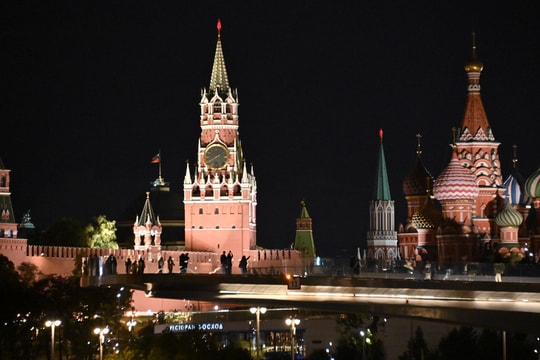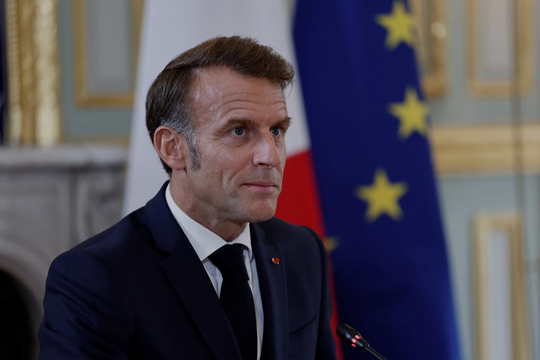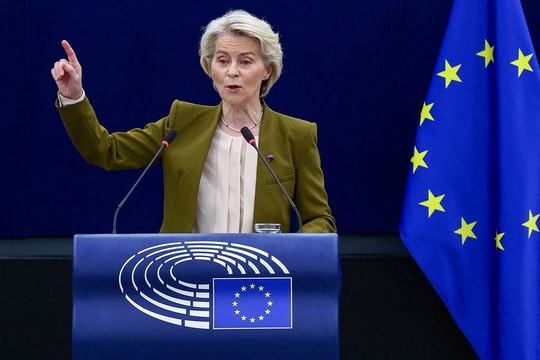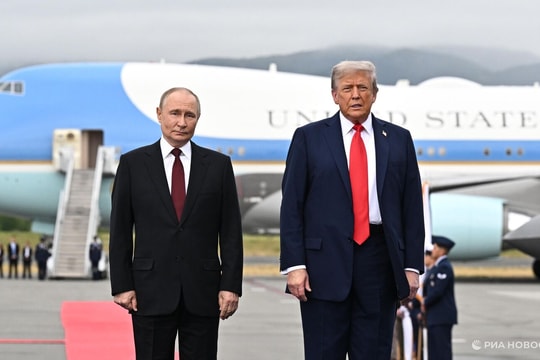Leaving the EU, Britain can break Russia's isolation
Brexit could weaken European unity, creating an opportunity for Russia to expand its influence to break the isolation and embargo.
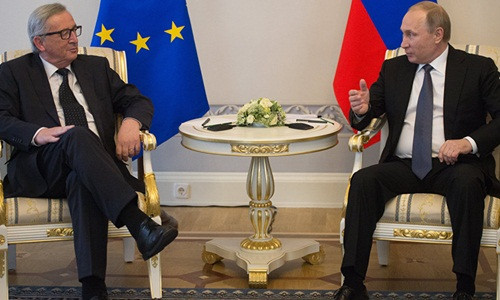 |
Russian President Vladimir Putin (right) and European Commission President Jean-Claude Juncker. Photo: Sputnik |
As an intelligence officer stationed in Dresden, Vladimir Putin watched helplessly as the Soviet Union's East German ally left Moscow's orbit, reunified with West Germany, and joined European democracies. Over the next three decades, the future Russian president also witnessed the Soviet Union's collapse, and its allies' eventual membership in NATO and the European Union (EU).
However, this trend is now reversed, and the decision of the majority of British people to withdraw from the EU (also known as Brexit) is perhaps the clearest evidence of this reversal, according to the Washington Post.
Commentator Michael McFaul argues that while Europe has become weakened and divided, Russia, its allies and multilateral institutions have strengthened and even added new members. Mr. Putin's foreign policy has benefited greatly from this event, according to McFaul.
The first benefit is that one of the most vocal critics of Russia's actions will no longer have a vote in Brussels.
According to Marc Nexon, political commentator of Le Point, Brexit has eliminated one of the most capable members of the EU. With the world's leading military power and experienced diplomatic team, Britain has contributed greatly to a series of EU missions in recent years, including the mission of punishing and isolating Russia after the events in Ukraine and Syria.
In fact, the British government will certainly continue to engage on foreign policy issues that it and the EU share. But having a seat at the table, with its voting and veto powers, is different from trying to influence those who sit at that table, Nexon said.
Thus, the work of conciliatory EU diplomats with Moscow will be easier, while the determination to counter Russia's "provocative" actions, especially those of Estonia, Latvia and Lithuania, will become more difficult.
“Without Britain in the EU, there will be no one left to zealously defend sanctions against Russia,” Moscow mayor Sergei Sobyanin once predicted.
Second, Brexit will energize anti-EU movements across Europe, weakening the bloc's unity and making it difficult to deal with Russia as before.
According to McFaul, leader Marine Le Pen and the far-right National Front party of France will celebrate the result of the referendum in the UK. Nationalist, xenophobic, and isolationist leaders and parties on the continent, who share Ms. Le Pen’s views, have begun calling for referendums on leaving the EU in their countries.
Third, new doubts about the benefits of EU membership also weaken Russia’s opponents in Ukraine. The participants in the 2013 Maidan coup will be deeply disappointed that British voters rejected the close ties with the EU that the Maidan movement had always demanded.
Pro-European voices in Ukraine will face growing scepticism about the effectiveness of the union, questioning why Ukraine should seek to join an organization whose members want to leave. Similar debates will be held in other countries considering EU membership.
Some French analysts say Türkiye’s apology to Russia is proof of how Brexit has created a good opportunity for Russia. According to them, Ankara was forced to back down to avoid further damage to relations with Moscow as Brexit left them feeling disappointed and skeptical about the future of the EU.
Fourth, the voice of Britain, America's closest ally when voting in multilateral forums, putting diplomatic pressure on Russia on global security issues will be weakened by leaving Europe.
| RELATED NEWS |
|---|
"The Ukraine crisis is an opportunity for the US and its European allies to encircle and sanction Russia to prevent Moscow from expanding its influence. However, an important link in the EU has weakened, making this situation no longer sustainable," said Mr. Nexon.
According to VNE

